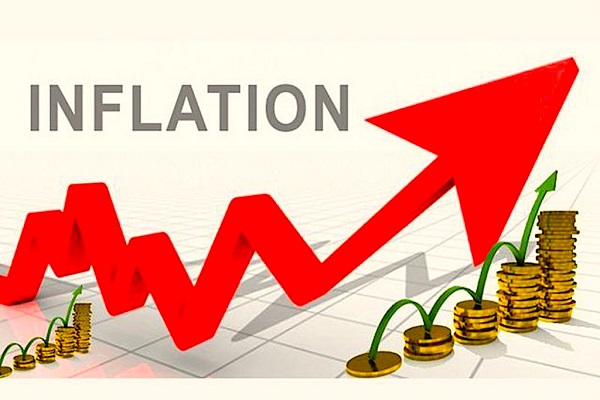Nigeria’s headline inflation rate declined to 23.71% in April 2025, down from 24.23% in March, according to data released on Thursday by the National Bureau of Statistics (NBS). The figure represents a modest decline of 0.52 percentage points, offering some relief amid ongoing economic challenges and a high cost of living.
Year-on-year, the headline inflation rate was 9.99 percentage points lower than the 33.69% recorded in April 2024. The NBS noted that this year-on-year comparison is based on a revised reference period (November 2009 = 100), which partly explains the significant drop. On a month-on-month basis, inflation in April stood at 1.86%, compared to 3.90% in March — a decline of 2.04 percentage points. This suggests that the pace of price increases slowed in April.
Core inflation, which excludes volatile items such as food and energy, dropped to 23.39% year-on-year in April 2025 from 26.84% in the same month of 2024, reflecting a decrease of 3.45 percentage points. Month-on-month, core inflation was 1.34%, also lower than the 3.73% recorded in March. The average annual core inflation rate over the twelve months ending April 2025 stood at 24.91%, up by 2.07 percentage points from the 22.84% recorded in April 2024.
The NBS data also highlighted inflation trends across urban and rural areas. Urban inflation in April 2025 was recorded at 24.29% year-on-year, a significant decline from 36.00% in April 2024. On a monthly basis, urban inflation eased to 1.18% from 3.96% in March. The twelve-month average for urban inflation was 30.41%, slightly higher than the 30.02% recorded a year earlier.
Rural inflation followed a similar trend, standing at 22.83% year-on-year in April 2025, down from 31.64% in April 2024. Month-on-month, rural inflation dropped to 3.56% from 3.73% in March. The twelve-month average was 26.29%, marginally lower than the 26.38% recorded in April 2024.
Food inflation, a major component of the overall inflation basket, stood at 21.26% year-on-year in April 2025 — a steep drop of 19.27 percentage points from the 40.53% recorded in April 2024. The NBS attributed this sharp decline largely to a base-year effect resulting from a change in its inflation measurement methodology. On a monthly basis, food inflation declined to 2.06% in April, slightly down from 2.18% in March.
The report noted that the easing in food inflation was driven by falling prices in staple items such as maize flour, wheat grain, dried okro, yam flour, soya beans, rice, bambara beans, and brown beans.





